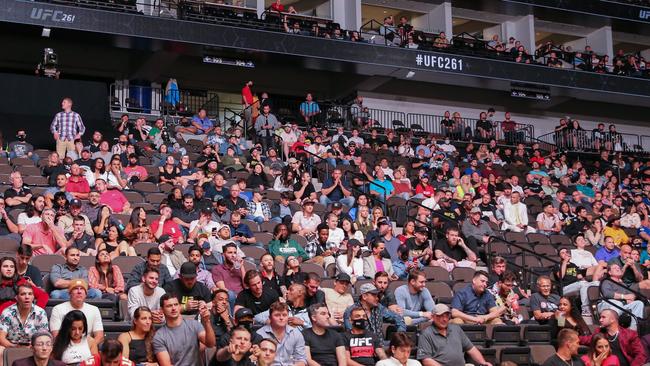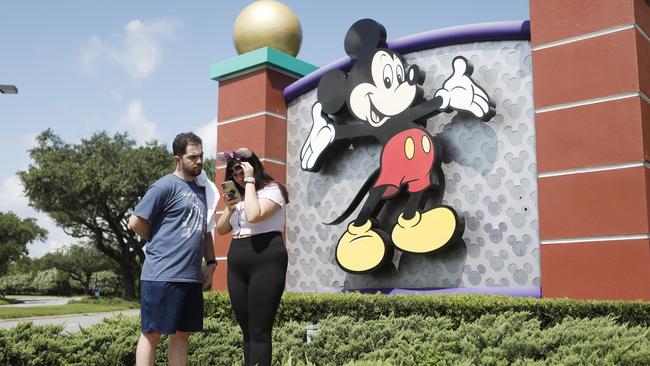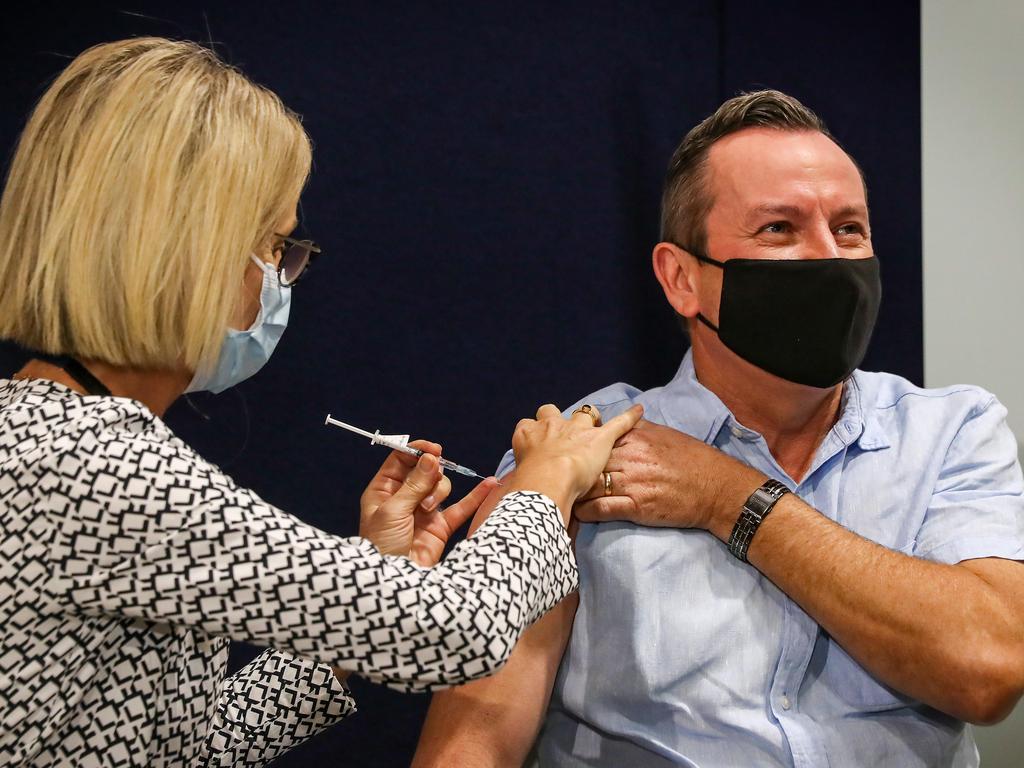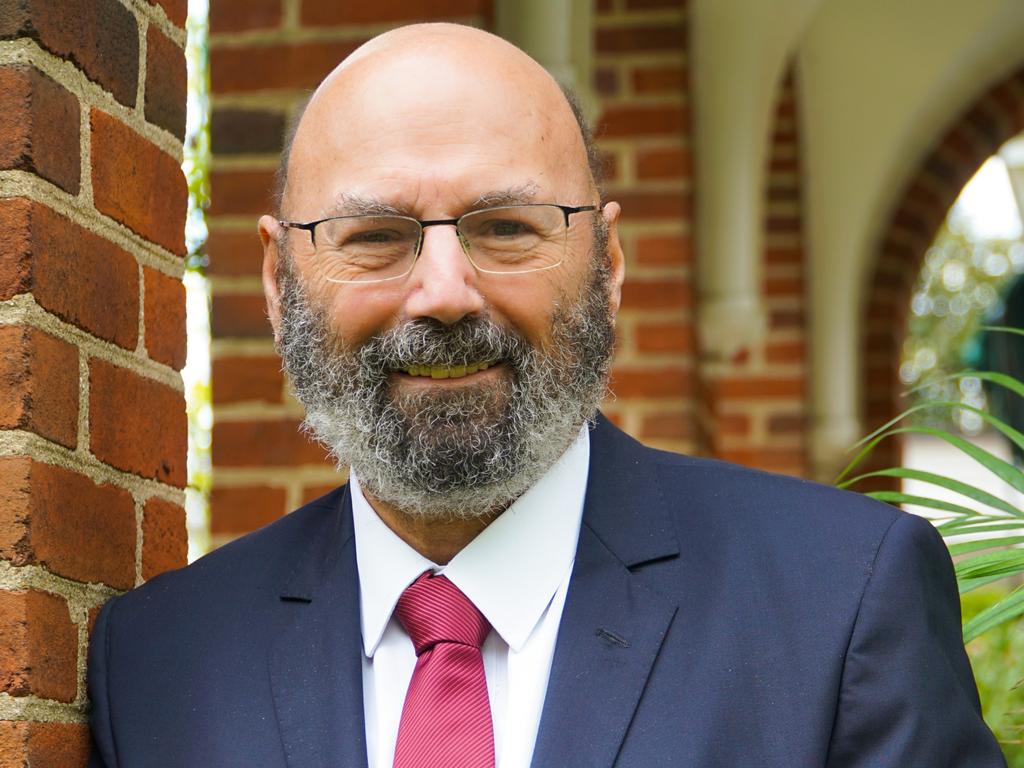Is the world finally getting sick of Covid-mania?
State governments around the world asserted their powers during the pandemic, some providing an escape route from more authoritarian impulses elsewhere.

As more of us recover our minds and sense of proportion at the 15-month mark of this “once in a century pandemic”, we should be thankful for living in a federation. Where pockets of sanity emerge, local political leaders can respond, setting an example for other jurisdictions. Federations allow the “return to normal” faster, and the option to move for those who can’t wait.
At least half of all US states have ignored the Biden government’s “health advice”, tearing up restrictions, highlighting rampant fearmongering and the stupidity of many COVID regulations. The new head of the US Centres for Disease Control and Prevention, President Joe Biden’s top source of COVID-19 “health advice”, Rochelle Walensky, in late March forecast “impending doom” and a “fourth wave” for the US if states removed restrictions.
CNN had already slammed Texas Governor Greg Abbott’s “head scratching, anti-science decision” in March to abolish mask mandates. “Neanderthal thinking”, Biden chimed in. Since then, deaths from or with COVID-19 have plunged in Texas from almost 300 a day to around 50, and cases have fallen by around 50 per cent.
Florida’s Republican Governor, Ron DeSantis, tore up the restrictions even earlier, in September, and has actively overruled cities that tried to shut businesses down during the winter surge, and promised never to have a lockdown again. Far from “impending doom”, the state’s COVID-19 cases rose and fell independent of government decree, as they have everywhere else, and remain well below the US average, despite its old population.
States such as California and New York look increasingly stupid for maintaining invasive rules that seem to have no practical effect. But perhaps they are learning, slowly. Disneyland in California reopened last week — albeit at 25 per cent capacity, with mask requirements, temperature checks, mandatory social distancing, and a ban on hugs with Snow White and Mickey Mouse. That sounds fun, kids. Disney World in Orlando has been fully open since July, hugs and all.

Americans, who haven’t endured internal border closures, have been leaving the most locked-down states. In 2020, New York, Illinois, Connecticut and California experienced the biggest net emigrations within the US, according to the 44th annual survey conducted by United Van Lines, a big US removal and relocation company. Florida and Texas have been the big beneficiaries. Being able to go about daily life without being forced to take part in COVID-19 rituals adds to the appeal of lower taxes and a warmer climate.
Businesses are moving, too. Oracle, Hewlett Packard and CBRE Group announced late last year they would be moving their corporate headquarters from California to Texas. Elon Musk, who has been critical of restrictions and panic, is reportedly considering moving Tesla to Texas.
Last week, the CDC issued colour-coded infographics that specified three risk levels in 15 different situations. While it continued to rule out dining indoors without a mask, it gave the green light for vaccinated Americans to go outside without one. “Beginning today, gathering with a group of friends in a park, going for a picnic — as long as you are vaccinated and outdoors — you can do it without a mask,” said Biden, who nevertheless continues to wear a mask outside.
Even the mayor of Washington DC, a hotbed of militant COVID-19 mania, removed mask compulsion for vaccinated residents — including inside — bringing to a close nine months of continuous mask compulsion.
Europe, a federation of sorts, is opening up at different rates, too. Greece said it would accept vaccinated tourists from next month, which will put pressure on Italy and others, keen not to lose much-needed tourist cash. Spain’s Isabel Ayuso, head of Madrid’s regional government, has built her rising popularity on ending restrictions.
NSW has been performing the role of Florida and Texas in Australia, on a less dramatic scale. It’s shown up the folly of “snap” citywide lockdowns over a handful of positive tests. It’s called out domestic border closures — with far from disastrous results.
Competition among states will limit the extent and duration of particularly egregious restrictions. Does Victoria really think it can quarantine international travellers for the next two to three years, as the Andrews government revealed a few days ago? Don’t expect many international flights to Tullamarine.
But Australians won’t be able to learn from overseas experience so long as they aren’t allowed to go there. And having made “zero COVID” the benchmark for success in this pandemic, it’s hard to see that happening soon. Why would the government risk an outbreak of positive tests before the federal election next year?
The isolation makes Australians more susceptible to the steady diet of COVID-19 “fear porn”, which portrays the rest of the world as a disaster zone, when for the most part life is quite normal (obviously barring some pronounced hotspots like India and Brazil). This risks Australia being left behind as the world moves on.
Almost 115 million Americans have been infected, while Australians for the most part don’t know anyone who has had the virus, amplifying fear of the unknown.
State governments around the world asserted their powers during the pandemic, some providing an escape route from more authoritarian impulses elsewhere. If Melbourne and Washington DC governed the rest of Australia and the US respectively, life would have been much more miserable, for more people, for longer.








Men think in herds, go mad in herds, while they recover their senses slowly, one by one, Charles Mackay, author of the 19th-century classic Extraordinary Popular Delusions and the Madness of Crowds, famously wrote.